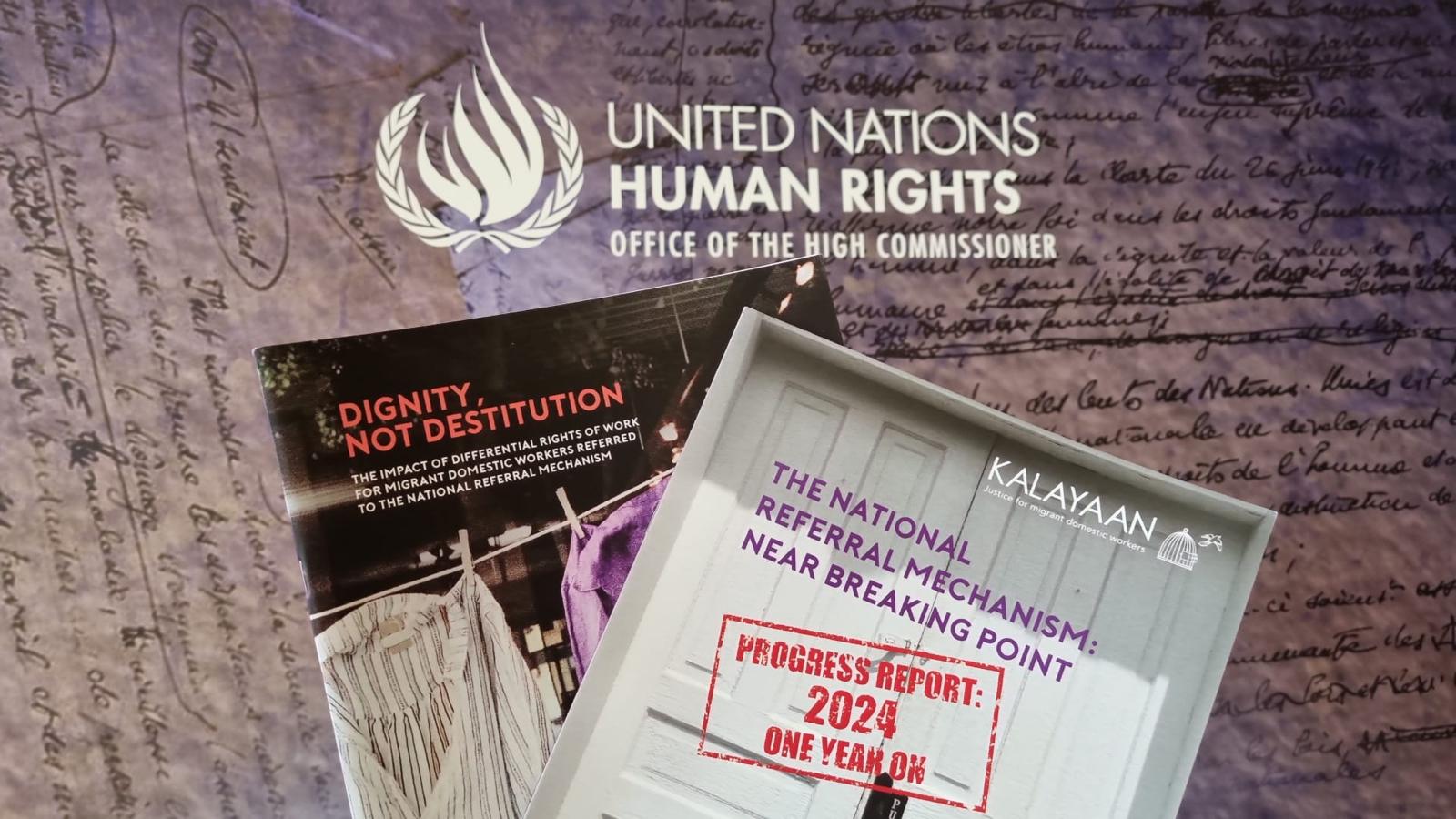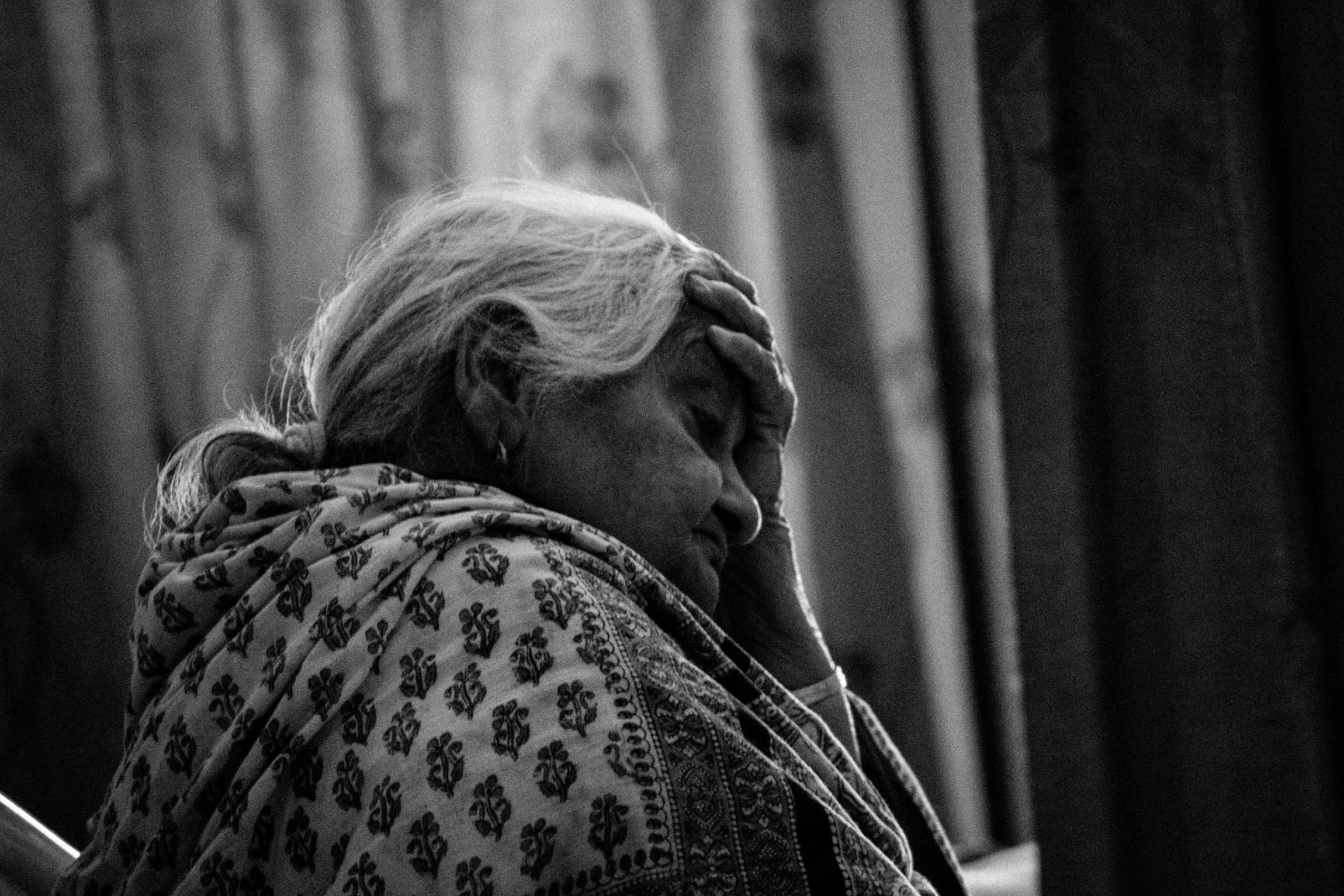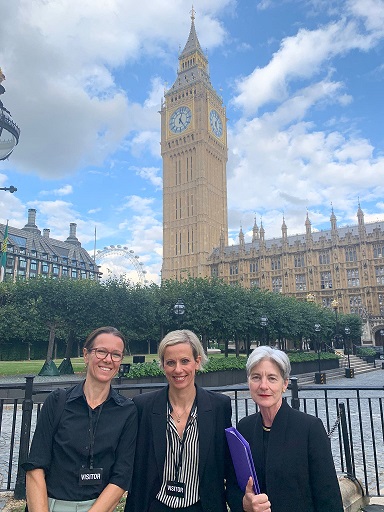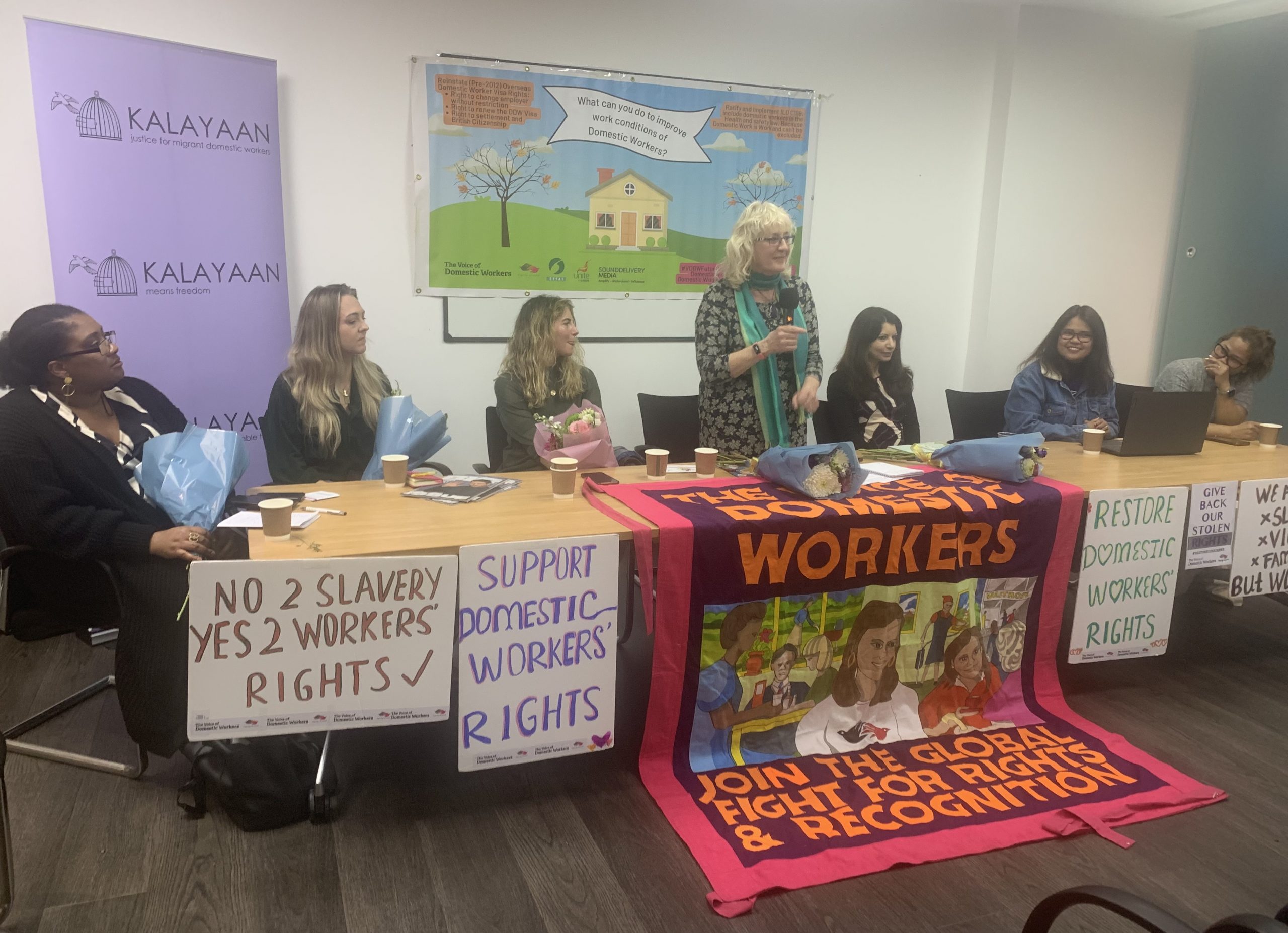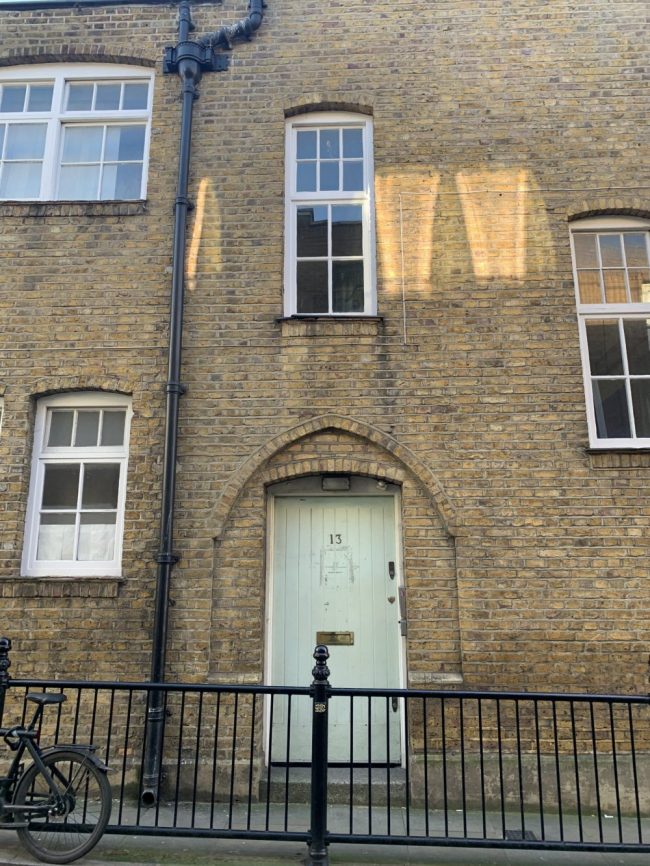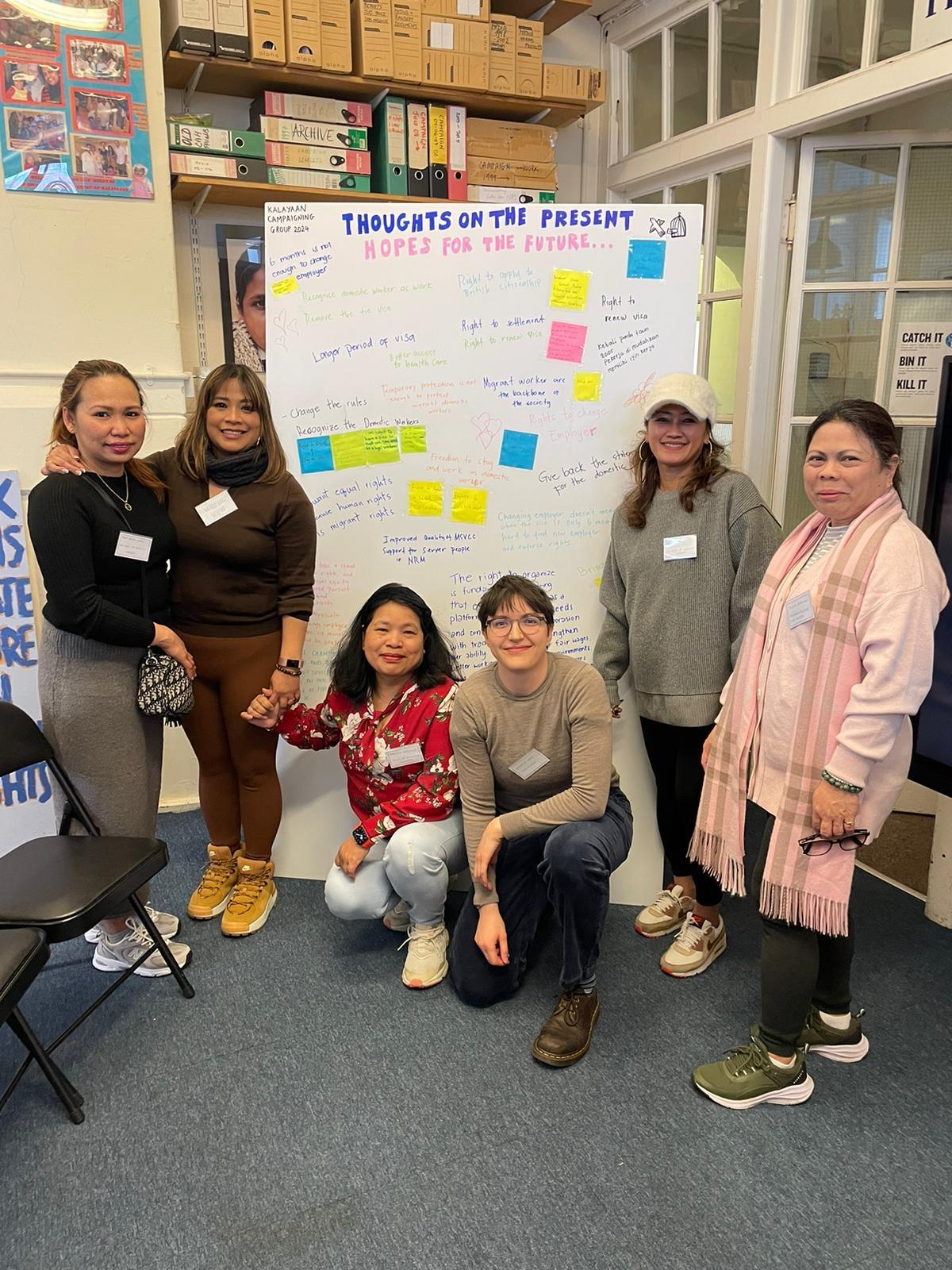
By Becca Hirst, Community Engagement Lead for Kalayaan.
On 3 April 2024, Kalayaan hosted a coffee morning to mark 12 years since the restrictive 6-month, non-renewable Overseas Domestic Worker visa was instated in 2012 and reflect on the past, present and future of the ODW visa.
The event was held at our community centre in Holland Park where Kalayaan has been based since the late 1970s, a place rich in campaigning history. Here we showcased 3 photographic exhibits to shine a spotlight on issues affecting migrant domestic workers in the UK.
The first was contemporary series ‘A Place at the Table’ by Camila Almeida who worked with the Voice of Domestic Workers to construct deeply evocative images of migrant domestic workers in symbolic spaces within the home and workplace.
On the reverse side, we displayed Pia Tryde’s 1990s photographic work of migrant domestic workers struggling whilst outside of UK immigration laws and protections. Some of these photographs included captions and handwritten notes from the women depicted reflecting on being made to feel ‘illegal’ in the UK, their fear around the lack of protection offered to them and the conditions they bore in order to provide for their families in countries of origin. It was striking to compare the almost identical commentary of ODWs in the UK in the 1990s – prior to 1998 when MDWs were not recognised and protected under UK law – and ODWs in 2024, living under the restrictions of a 6-month visa which fails to protect migrant domestic workers across the spectrum of exploitation.
A large screen display played rolling footage of archive photography centring around Kalayaan’s past campaigns for the domestic worker visa. Attendees including original Kalayaan and Waling Waling campaigners and former Assistant General Secretary of Unite, Diana Holland, recognised themselves in photographs from the long campaign to champion rights for migrant domestic workers in the UK. Media clippings from the 1970s-2010s reflected a timeline of rights being campaigned for, won and then reversed. Reflecting on the latter was a bitter tonic but articles celebrating the outcome of the 10-year long campaign leading to the 1998 visa (internationally recognised as the visa which offered the best protections for MDWs in this country), offered much-needed hope to the current campaign that collective action will prevail.
Members of Kalayaan’s campaigning group wrote their hopes and thoughts for the future of migrant domestic workers in the UK on a large display board present for all to see. Attendees were encouraged to do the same in an interactive scrapbook. Coffee, tea and pastries were served as we spoke about our past challenges and recent achievements, including the government laying legislation to abolish the Family Worker Exemption in the Minimum Wage Regulations, and our hopes and plans for the future as we re-double our efforts to lobby for change in this election year.
The coffee morning emphasised the importance of migrant domestic workers having a seat at the table and speaking to policymakers and parliamentarians to lobby for their rights. Prior to the event, Kalayaan and the Voice of Domestic Workers, including an expert by experience, spoke with Felicity Buchan, MP for Kensington, to ask for help building parliamentary awareness of the need for improved protections for MDWs. We were glad that Felicity offered to write to the Home Secretary with our concerns and will look forward to reading the response from James Cleverly. In the coming weeks, Kalayaan and the Voice of Domestic Workers will be speaking with Stephen Timms, MP for East Ham, about the ODW visa and arranging a Westminster Hall debate to bring the issue to the forefront.
Kalayaan calls for an Overseas Domestic Worker visa that is: 12 months long; renewable; allows the domestic worker to change employer and has an option to lead to settlement.
We thank the following organisations for joining us in solidarity at the event:
FLEX
Free Movement
Haringey Migrant Centre
Hestia
Human Trafficking Foundation
Kanlungan
Lawyery
Migrant Democracy Project
Redmans Solicitors
Reuters
Right to Remain
Royal Borough of Kensington and Chelsea council
Unite
Voice of Domestic Workers
Waling Waling
Work Rights Centre
With many thanks to Margaret Healy for her assistance looking through the archives and Matt Reynolds for his help on the day.



